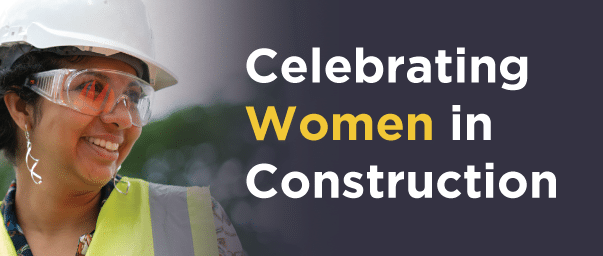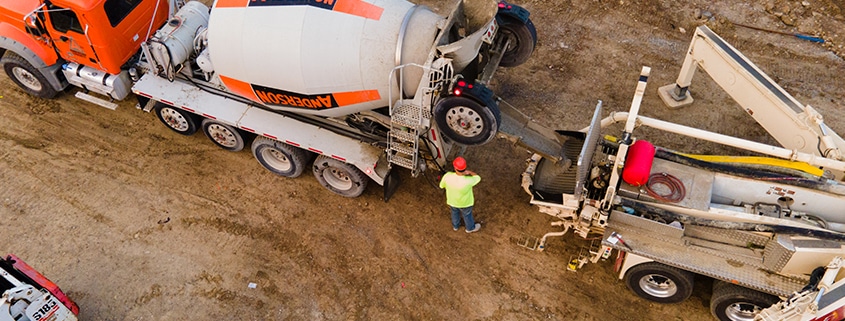October marks the beginning of Careers in Construction Month, and we’re celebrating the men and women who make up the construction industry. Careers in Construction Month also raises awareness about the various career opportunities within the industry. However, the array of career possibilities doesn’t seem to be attracting newcomers to the construction industry.
In 2021, The U.S. Chamber of Commerce reported that most contractors have difficulty finding skilled workers. Many companies are wondering how they can attract top talent to their construction workforce. We compiled a list of tactics with strategies that can help.
Streamline the Hiring Process
Avoid delayed responses to potential candidates. If your firm experiences delays when seeking new candidates, then chances are your competitors are taking advantage.
Highly skilled construction workers are in high demand, and as a result, they likely have numerous opportunities available to them. Create an efficient and streamlined hiring process to help quickly secure and attract top talent within the industry.
Streamlining the hiring process begins at the pre-screening stage. By asking pre-interview questions, you can gather information about candidates that might not be within their resume. This can reduce time spent in later interviews, as well as weed out candidates who ultimately wind up ill-suited for the position.
Another way to streamline the hiring process is by understanding the needs of your company. Indeed.com suggests examining your organization’s mission, core values, established goals and what the future of your organization might look like to help attract candidates whose personal values align with yours.
Spice Up Benefits
Spicing up benefits is another option that can attract top talent. This can benefit companies that are low on budget. For example, a report found that 60% of employees consider a benefits package offered to be crucial to their overall job satisfaction. In addition, employees typically look for health and life insurance and employer-matching retirement plans.
Offering benefits such as healthcare can set your construction company apart from the rest. Paying for healthcare out-of-pocket can be a major expense, and talented construction workers often seek out employers offering healthcare benefits. Not only will this attract top talent, but will also help retain them.
Provide a Modern Work Environment
Most employees are looking for a modern work environment. As a result, companies can focus on three areas to help transform their current work into a modern work environment.
Diversity
Creating diversity will allow for a growing labor force and talent pool. Many companies have Diversity, Equity, and Inclusion programs in place to make diversity a top priority.
Flexibility
Employees look for flexibility in the workplace. Though flexibility is difficult for the construction industry due to location-based work, interdependent team roles, and long work hours, guidelines can help create possible or necessary flexibility in some situations. It also raises morale and shows that a company cares about its employees.
Technology
Technology plays a vital role in providing a modern work environment, and since technology is attractive due to its innovative spirit. It transforms a past career into a much more modern, inviting job. Connected cloud-based software, digitized data and workflows, automation, AI, and more are all processes that no longer require multiple steps and extra work.
Work at U.S. Bridge
A career in construction can start here at U.S. Bridge. We’re excited to offer our continuing education credit “Lunch & Learn” webinar series. These events allow you to join in-depth discussions on a wide array of industry topics and get expert tips and practices from our veteran team members.
As an AISC-certified fabricator and builder, we team up with worldwide clientele, promising you the best educational experience.
Apply now if you’re interested in a career that brings communities closer together!




